November 1st to 5th: Dortmunder Hansemarkt, Dortmund
The Dortmund Hansemarkt is an annual highlight in the event calendar of the largest city in the Ruhr area. The historical and cultural festival transports visitors back in time to the Hanseatic era, a period when the city was an important member of the Hanseatic League, a medieval trading network of cities.
During the Hansemarkt, the city centre is transformed into a bustling marketplace that showcases elements of tradition, commerce, and culture from that historical period. Visitors can browse a wide range of artisanal and traditional products, including jewellery, indigo prints, leather goods, and more.
There are also plenty of culinary offerings, cultural performances and entertainment for all ages, such as street performers and special programmes for children.
November 2nd to 5th: Jazzfest Berlin
Berlin’s annual jazz festival is one of the oldest in Europe and this year, it’s celebrating its 60th anniversary. Once again, international musicians from all over the world will come to delight audiences with their musical talents at the House of Berliner Festspiele and other venues throughout the Capital.
Under the motto “Spinning Time”, this year’s edition places a special focus on the medium of improvisation.
November 4th to 5th: Mittelaltermarkt, Eisleben
The Medieval Market in the city of Lutherstadt Eisleben has been around since 1521, making it the oldest folk festival in the central German region.
The annual festival takes place in the historic market square of Lutherstadt Eisleben and is held in honour of the city’s most famous son – Dr. Martin Luther.
Over the market weekend, the historic square takes on a vibrant medieval ambience, with plenty of old-fashioned entertainments for visitors of all ages to enjoy, including fortune tellers, battling knights, juggling acts, minstrels, and many more.
November 8th to 12th: Allerheiligenkirmes, Soest
Every year in early November, a unique festival comes to the North-Rhine Westphalian city of Soest, where state-of-the-art illuminated rides stand in contrast to historic half-timbered houses and a nearly 1,000-year-old cathedral.
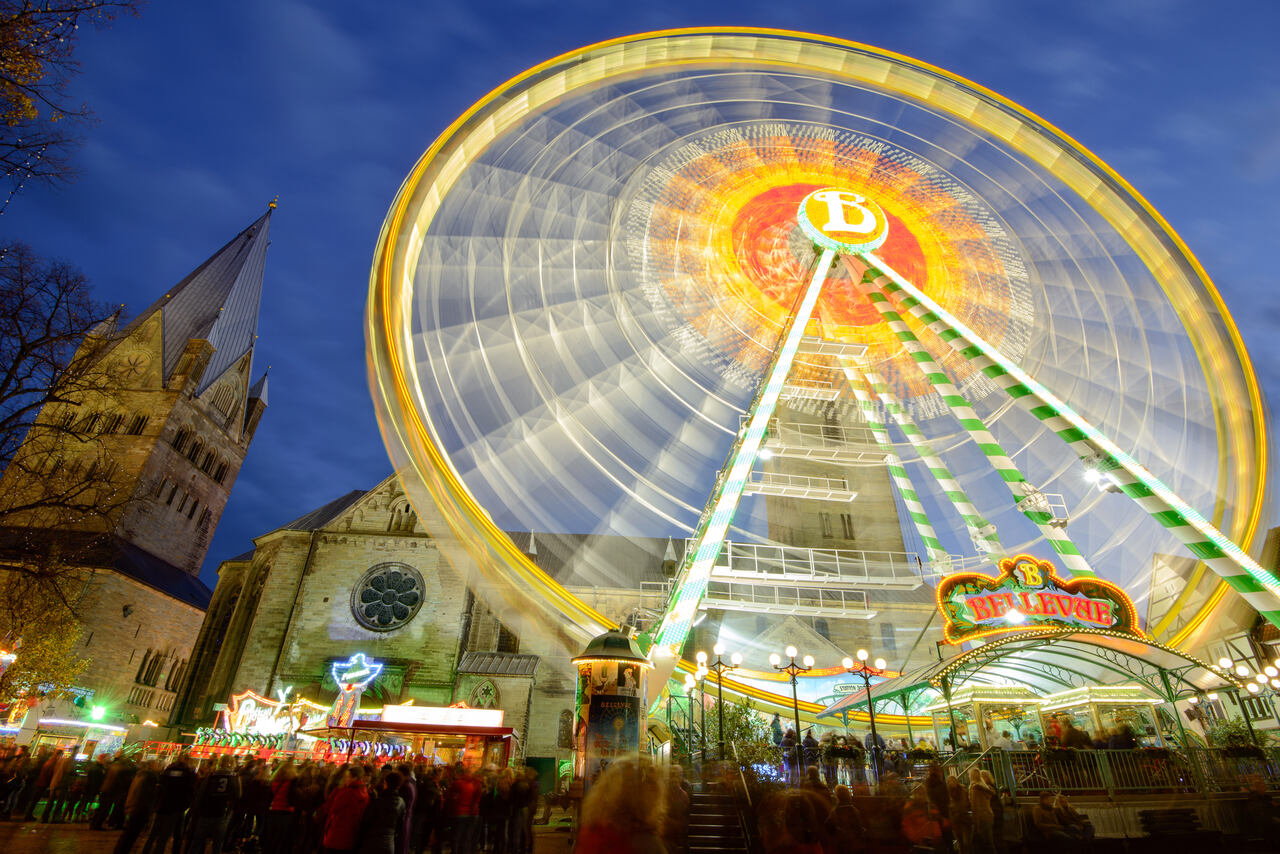
The Soest All Saint’s Fair, steeped in a tradition that spans almost 700 years, takes place in the heart of what was once a prominent Hanseatic city. With approximately 50,000 square meters dedicated to the festivities, it’s Europe’s largest old-town fair.
As well as the thrilling rides like the loop-the-loop carousel, plenty of stands offer tasty local treats. One of the fair’s culinary highlights is honey liqueur, which is served in shot glasses crafted from wafers and coated with chocolate. Yummy!
November 10th to December 10th: Hamburger Winterdom, Hamburg
Three times a year, Hamburg’s Heiligengeistfeld comes alive as hundreds of stall owners and entertainers descend on the grounds to sell their wares and entertain locals and tourists.
Visitors to the fair are treated to a vibrant and diverse array of attractions, including children’s carousels, game booths, snack stands, candy and beverage stalls, and exhilarating amusement rides. And don’t forget the captivating fireworks that light up the Friday evenings.
November 11th: Opening of Cologne Carnival
At 11:11 am on November 11th, thousands will gather at Cologne’s Heumarkt and Alter Markt to celebrate the official start of the Cologne Carnival.
The stage programme – including performances of Cologne’s best-loved tunes – runs until 7 pm. Once the official program on stage draws to a close, the festivities spill over into the city’s pubs.
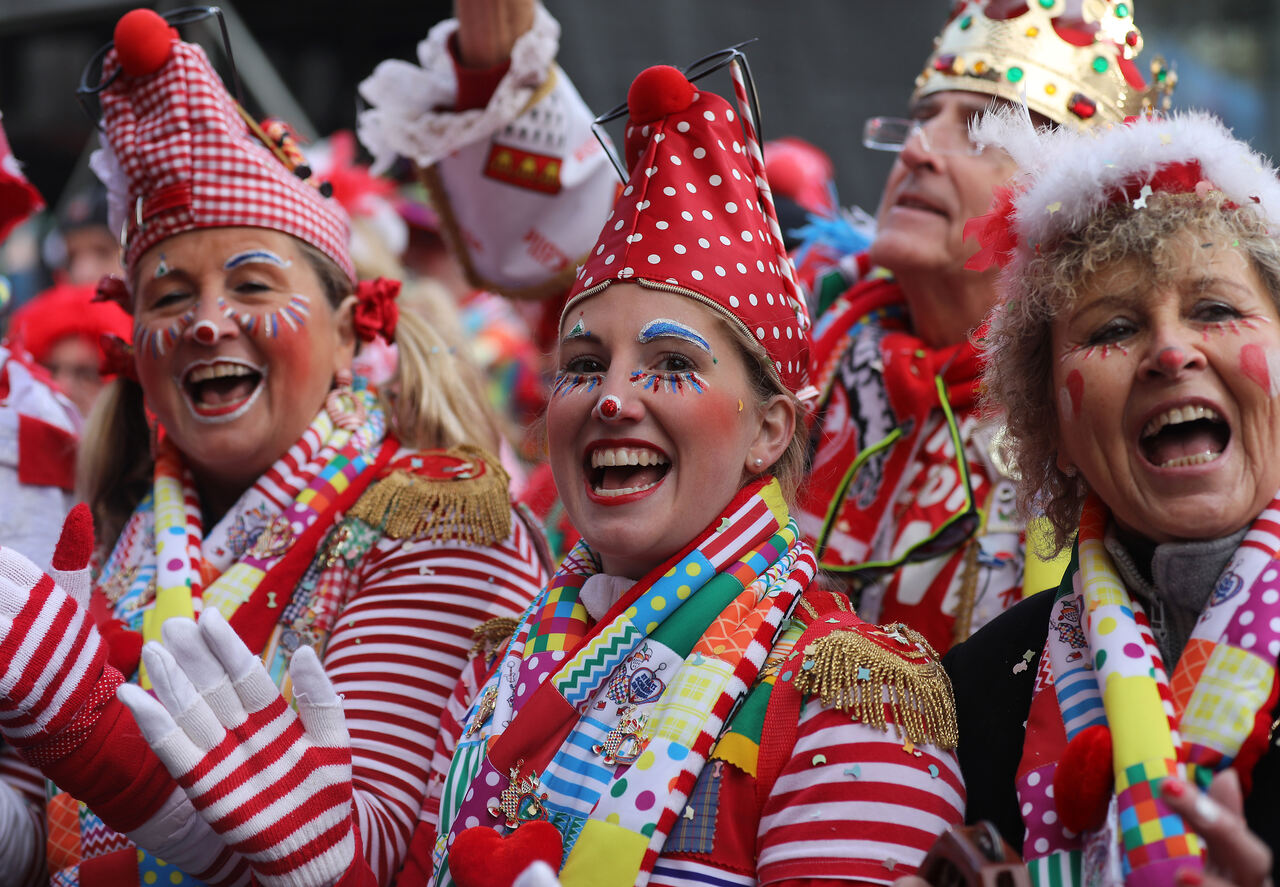
November 15th to 17th: Filmfest Düsseldorf
This year marks the 20th anniversary of Filmfest Düsseldorf.
The festival opens at Heinrich-Heine-University for the first two days and concludes at the “Weltkunstzimmer” (World Art Room) on the final day.
The annual short film competition, organised by students of Media and Cultural Studies at Heinrich Heine University since 2003, is one of Germany’s most renowned. This year’s festival features a record-breaking 1,546 film submissions from 97 countries, including 78 from outside Europe.
November 16th to December 3rd, Münchener Bücherschau, Munich
While Frankfurt is famous for the annual Frankfurt Book Fair, The Munich Book Show comes a close second in terms of German literary festivals.
Over 18 days and evenings, more than 200 publishers present over 13,000 novels, cookery books, travel literature, children’s and young people’s books, audiobooks, art books, non-fiction and specialist books from all areas of knowledge at the book exhibition.
Every day there are events about books, live role-playing games, discussions, book presentations, speed dating for books and a variety of book-related workshops for young and old.
November 23rd to December 31st: Tollwood Winter Festival, Munich
Visitors to the Tollwood Winter Festival on the Theresienwiesen in Munich can expect a unique blend of street theatre, artistic performances, live concerts, a children’s program, an array of organic culinary delights, and a kaleidoscope of colourful crafts from across the globe. Remarkably, the majority of the events are offered free of charge.
Christmas Markets
It’s hard to believe that it’s nearly that time of year again – but Christmas is around the corner!
One of the earliest Christmas markets to open this year is the Market of Angels on Neumarkt in Cologne – one of the most beautiful and atmospheric Christmas markets in the region.
Most other popular Christmas markets throughout the country open their gates on November 27th, while Germany’s oldest Christmas market – the Streizelmarkt in Dresden – opens on November 29th.

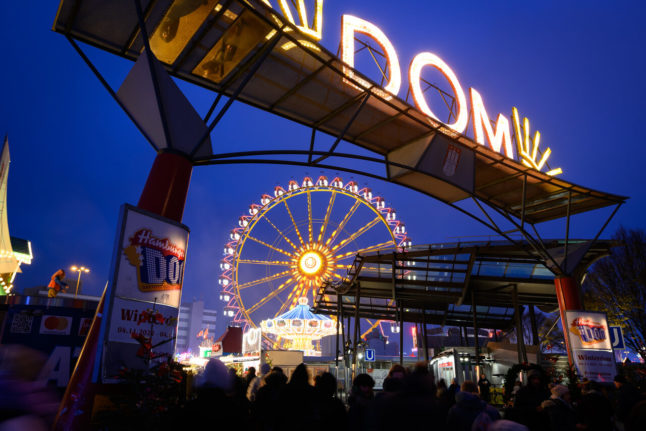
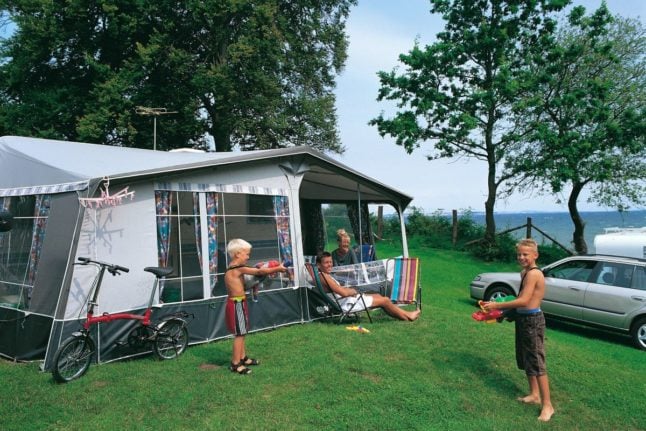
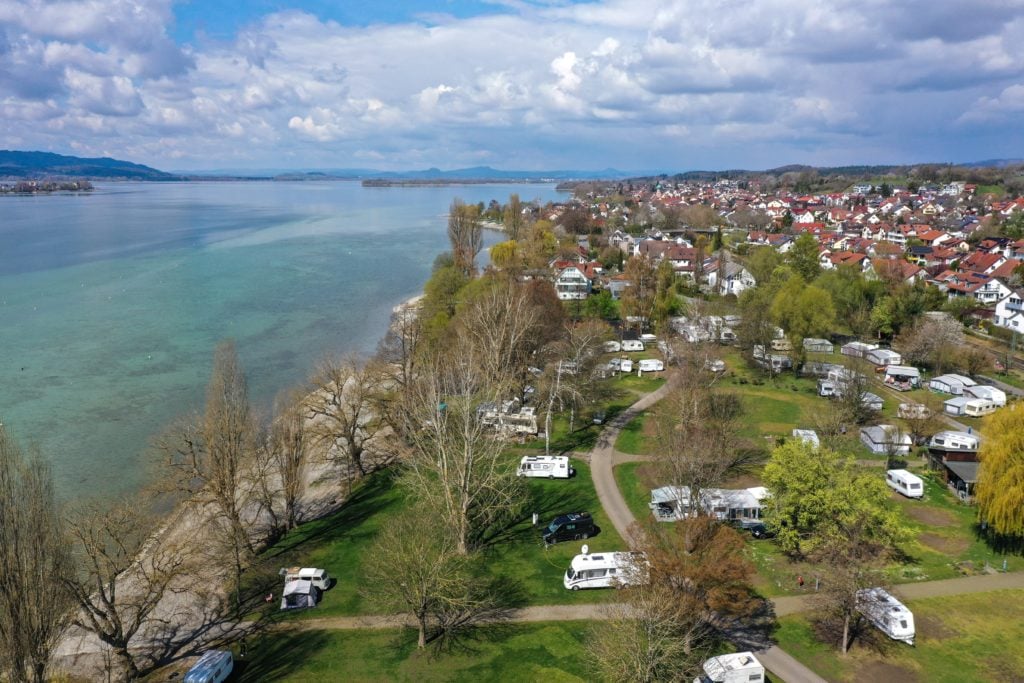
 Please whitelist us to continue reading.
Please whitelist us to continue reading.
Member comments